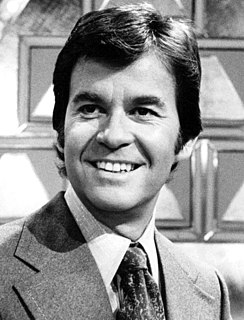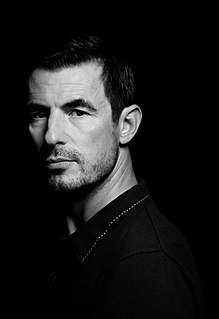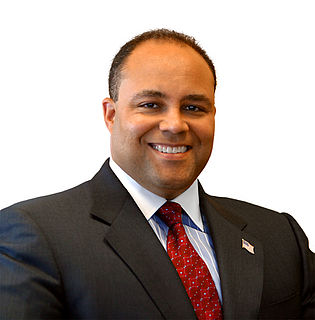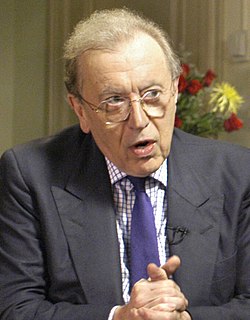A Quote by Dick Clark
The faultless formulas of television-the ones that last-are simple.
Quote Topics
Related Quotes
Over the last half century the television interview has given us some of TV's most heart-stopping and memorable moments. On the surface it is a simple format - two people sitting across from one another having a conversation. But underneath it is often a power struggle - a battle for the psychological advantage.
I guess for major film industry players a film is a money making devise, so using formulas assures them that their investment will have returns. A lot of big studio films are created by formulas and committees, stripping away any individuality or personality from the work so that they could appeal to most everyone on there planet but to no one in particular.


































